Sealife guideThe Sparidae familyThe taxonomy of marine species
Explore the taxonomy of the sea vertebrates including the cetaceans like the whales or the dolphins, the sea birds, the fish, the sharks and the sea turtles !
The Sparidae family, commonly known as porgies or sea breams, includes about 155 species. These species are found particularly in the Atlantic, Indian and Pacific oceans as well as the Mediterranean sea.
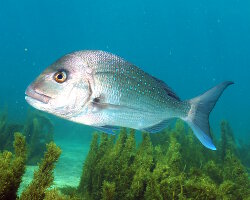
Australasian snapper
(Pagrus auratus)
(Pagrus auratus)
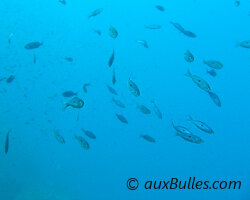
Blotched picarel
(Spicara maena)
(Spicara maena)
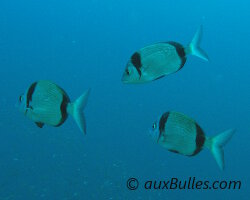
Common two-banded seabream
(Diplodus vulgaris)
(Diplodus vulgaris)
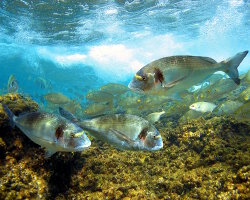
Gilt-head sea bream
(Sparus aurata)
(Sparus aurata)

Jolthead porgy
(Calamus bajonado)
(Calamus bajonado)
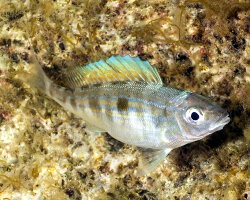
Picarel
(Spicara smaris)
(Spicara smaris)
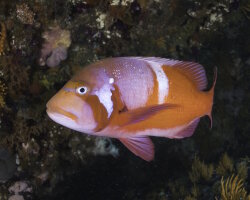
Roman seabream
(Chrysoblephus laticeps)
(Chrysoblephus laticeps)
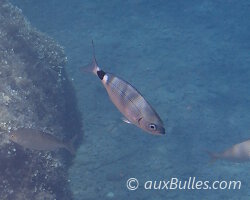
Saddled seabream
(Oblada melanurus)
(Oblada melanurus)
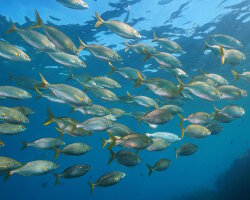
Salema
(Sarpa salpa)
(Sarpa salpa)
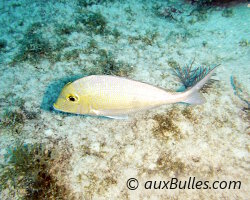
Saucereye porgy
(Calamus calamus)
(Calamus calamus)
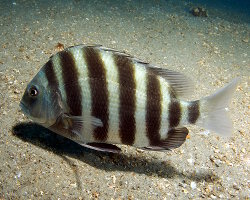
Sheepshead
(Archosargus probatocephalus)
(Archosargus probatocephalus)
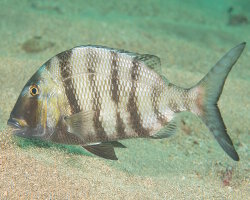
Sheepshead porgy
(Calamus penna)
(Calamus penna)
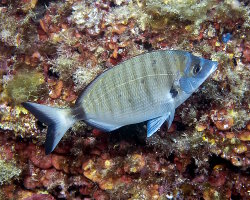
White seabream
(Diplodus sargus)
(Diplodus sargus)

Yellowfin bream
(Acanthopagrus australis)
(Acanthopagrus australis)
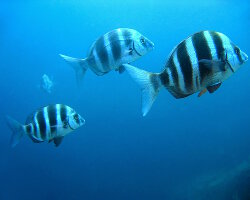
Zebra seabream
(Diplodus cervinus)
(Diplodus cervinus)
Our latestUpdates
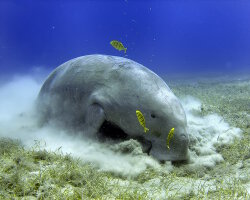
Friday, January 30th 2026
The dugong
Discover the dugong, a gentle “sea cow” of tropical waters. Learn about its habitat, diet, reproduction, morphology, and the threats facing this unique marine mammal.
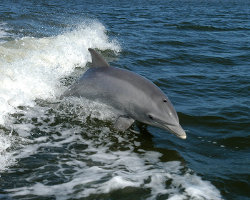
Friday, January 23rd 2026
Dolphins: ocean's smartest creatures
Discover dolphins, the ocean's geniuses: explore their intelligence, social behavior, sophisticated communication, species diversity and vital role in marine ecosystems.
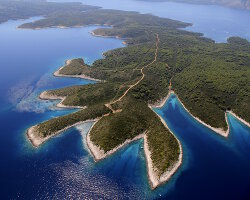
Friday, January 9th 2026
Hvar island
Hvar, a jewel of the Adriatic, captivates with its turquoise waters, wild coves and fragrant lavender fields. Between medieval villages, lively ports, and lush hills, Hvar island offers the perfect mix of relaxation, culture and breathtaking landscapes. Ideal for sun, sea and authentic experiences.
Photo of the Day
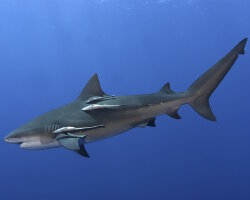
Requin bouledogue
(Carcharhinus leucas)
(Carcharhinus leucas)
